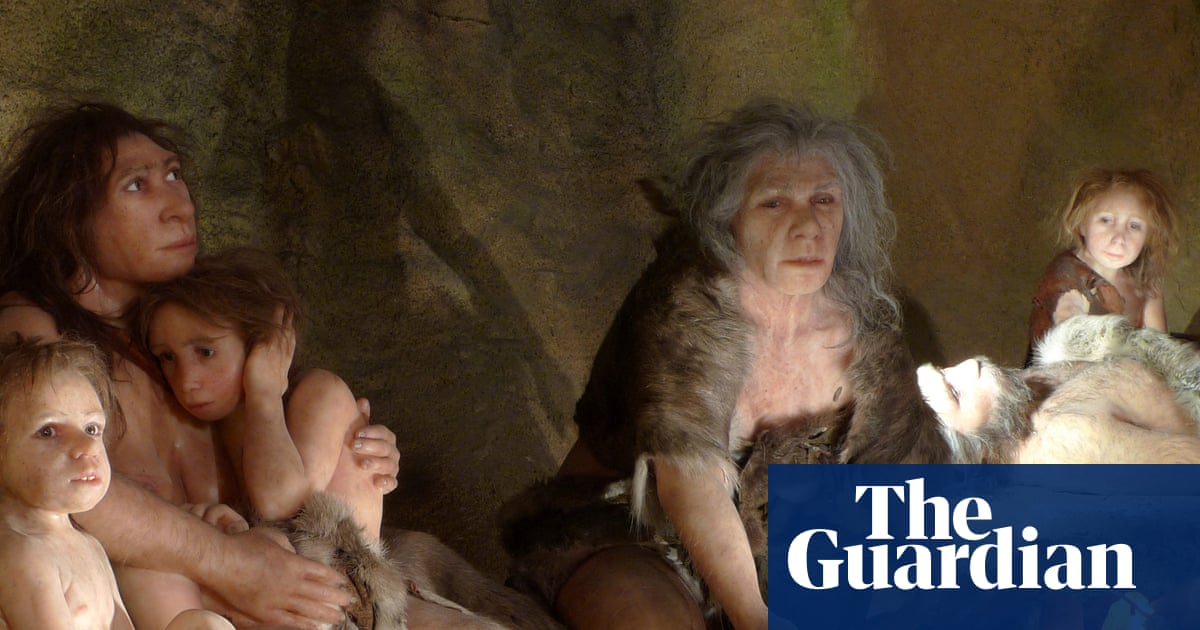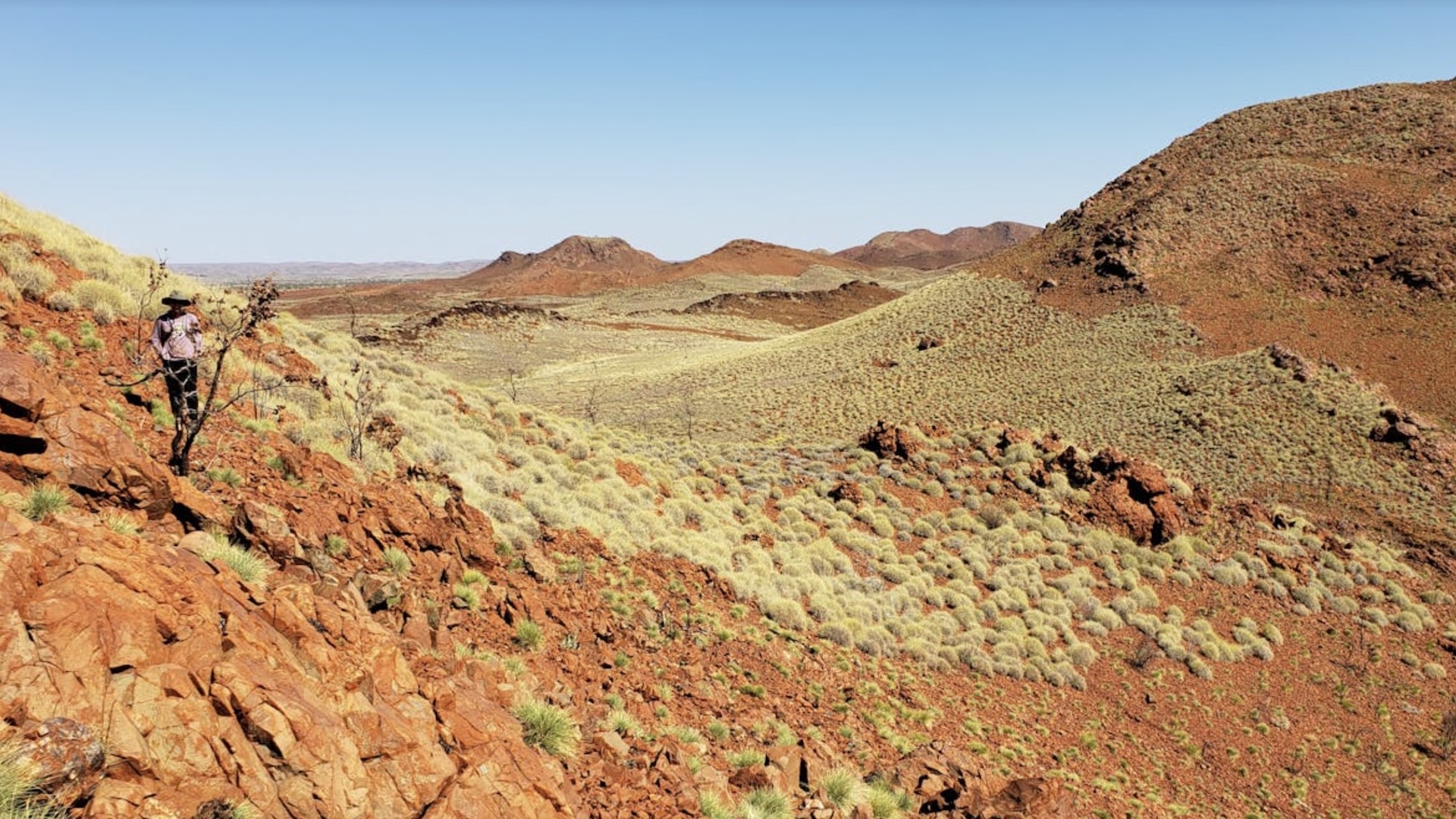Imagine a snake so large it could span the length of a city bus. This isn’t a creature from a horror film, but a real animal that once dominated the Earth. The Titanoboa, a massive serpent that lived around 58 to 60 million years ago, was the largest snake to ever exist. Stretching up to 45 feet (13.72 m) and …
Read More »Science
'Doghouse' days of summer — Boeing's Starliner won't fly again until 2026, and without astronauts aboard – Space
‘Doghouse’ days of summer — Boeing’s Starliner won’t fly again until 2026, and without astronauts aboard Space The ISS is nearing retirement, so why is NASA still gung-ho about Starliner? Ars Technica NASA considering flying only cargo on next Starliner mission SpaceNews NASA Considers Uncrewed Cargo Flight for Boeing’s Starliner Test Mission The Daily Galaxy Source link
Read More »Just a moment…
Just a moment… Enable JavaScript and cookies to continue This request seems a bit unusual, so we need to confirm that you’re human. Please press and hold the button until it turns completely green. Thank you for your cooperation! Press and Hold Press and hold the button If you believe this is an error, please contact our support team. 209.74.74.26 …
Read More »Ceratosaur Fossil Auctioned for $30.5 Million by Sotheby’s – The New York Times
Ceratosaur Fossil Auctioned for $30.5 Million by Sotheby’s The New York Times Lehi museum sells 150-million-year-old dinosaur fossil, one of four ever found FOX 13 News Utah World’s only complete baby dinosaur skeleton from 150-million-year ago up for auction Yahoo Jurassic perk? A rare dinosaur skeleton from a Utah museum sells for massive amount at auction The Salt Lake Tribune Jurassic jackpot! Rare dinosaur …
Read More »Even Neanderthals had distinct preferences when it came to making dinner, study suggests | Neanderthals
Nothing turns up the heat in a kitchen quite like debating the best way to chop an onion. Now researchers have found even our prehistoric cousins had distinct preferences when it came to preparing food. Archaeologists studying animal bones recovered from two caves in northern Israel have found different groups of Neanderthals, living at around the same time, butchered the …
Read More »See the Moon Team Up With Two Distant Planets
On the night of July 15, a striking conjunction of the moon, Saturn, and Neptune will unfold in the eastern sky, offering stargazers across the United States a chance to witness three celestial bodies clustered tightly together. As reported by Space.com, the event places all three within just a few degrees of each other — a rare optical alignment that …
Read More »NASA’s DART Mission Deflected an Asteroid – But Unleashed a Swarm of Space Boulders – SciTechDaily
NASA’s DART Mission Deflected an Asteroid – But Unleashed a Swarm of Space Boulders SciTechDaily Giant space ‘boulders’ unleashed by NASA’s DART mission aren’t behaving as expected, revealing hidden risks of deflecting asteroids Live Science Remember That Asteroid NASA Deflected in a Test of Saving Earth? We Have Bad News Yahoo Deflecting Asteroids Isn’t Simple According to New Data from DART Universe Today “Something …
Read More »Study raises major questions about Earth’s ‘oldest’ impact crater
Ever been late because you misread a clock? Sometimes, the “clocks” geologists use to date events can also be misread. Unravelling Earth’s 4.5-billion-year history with rocks is tricky business. Case in point: the discovery of an ancient meteorite impact crater was recently reported in the remote Pilbara region of Western Australia. The original study, by a different group, made headlines …
Read More »A Pilates instructor says you can strengthen your core and improve posture with this five-minute exercise snack
Not everyone has time to go to the gym, but most of us can find five minutes to squeeze in some movement. Breaking up prolonged periods of inactivity with short bursts of activity is known as exercise snacking, and it has all kinds of benefits, like boosting your energy levels throughout the day. “I love exercise snacking—especially for people who …
Read More »Enormous wildfire tears through world’s largest tropical wetland. Then camera traps capture something odd
In 2020, a huge wildfire struck the Brazilian Pantanal – the largest tropical wetland area in the world. Driven by extreme drought, high temperatures and human activities, the blaze cut through more than 44,515km² of habitat and killed an estimated 17 million vertebrates. Yet, despite the devastation, a new study published in Global Change Biology has found that, once the fire …
Read More »




